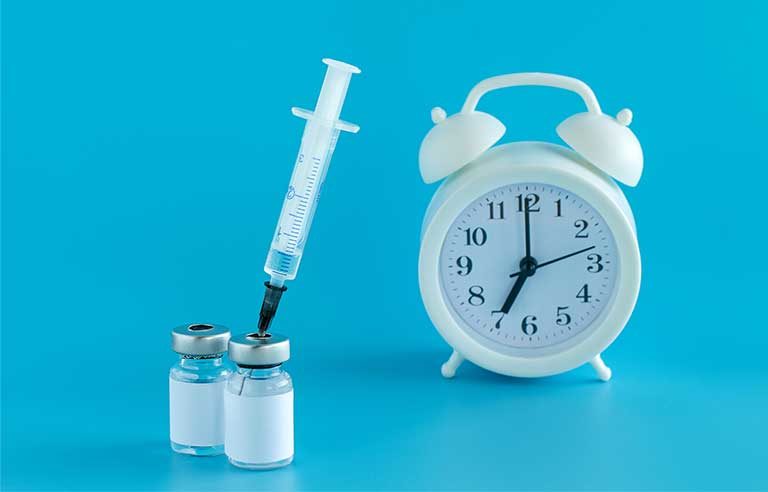Shift workers’ sleep schedules may interfere with vaccine effectiveness

Chicago — If you’re unable to get more than six hours of sleep a night in the week before and after getting a vaccine, researchers say its effectiveness may be reduced – something shift workers should keep in mind.
A team of international researchers reviewed the results of seven previous studies, which included research on flu and hepatitis vaccines. They found that “insufficient sleep” – defined as less than six hours a night – in the week before and after a vaccination led to a decreased response from antibodies.
For the COVID-19 vaccines, the antibody response could wane after about two months for people who aren’t getting enough sleep, the researchers estimate.
“The link between sleep and vaccine effectiveness could be a major concern for people with irregular work schedules, especially for shift workers who typically have reduced sleep duration,” study author Eve Van Cauter, professor emeritus of medicine at the University of Chicago, said in a press release. “This is something people should consider planning around, to ensure that they are getting enough sleep in the week before and after their vaccines.”
The study was published online in the journal Current Biology.
Post a comment to this article
Safety+Health welcomes comments that promote respectful dialogue. Please stay on topic. Comments that contain personal attacks, profanity or abusive language – or those aggressively promoting products or services – will be removed. We reserve the right to determine which comments violate our comment policy. (Anonymous comments are welcome; merely skip the “name” field in the comment box. An email address is required but will not be included with your comment.)

